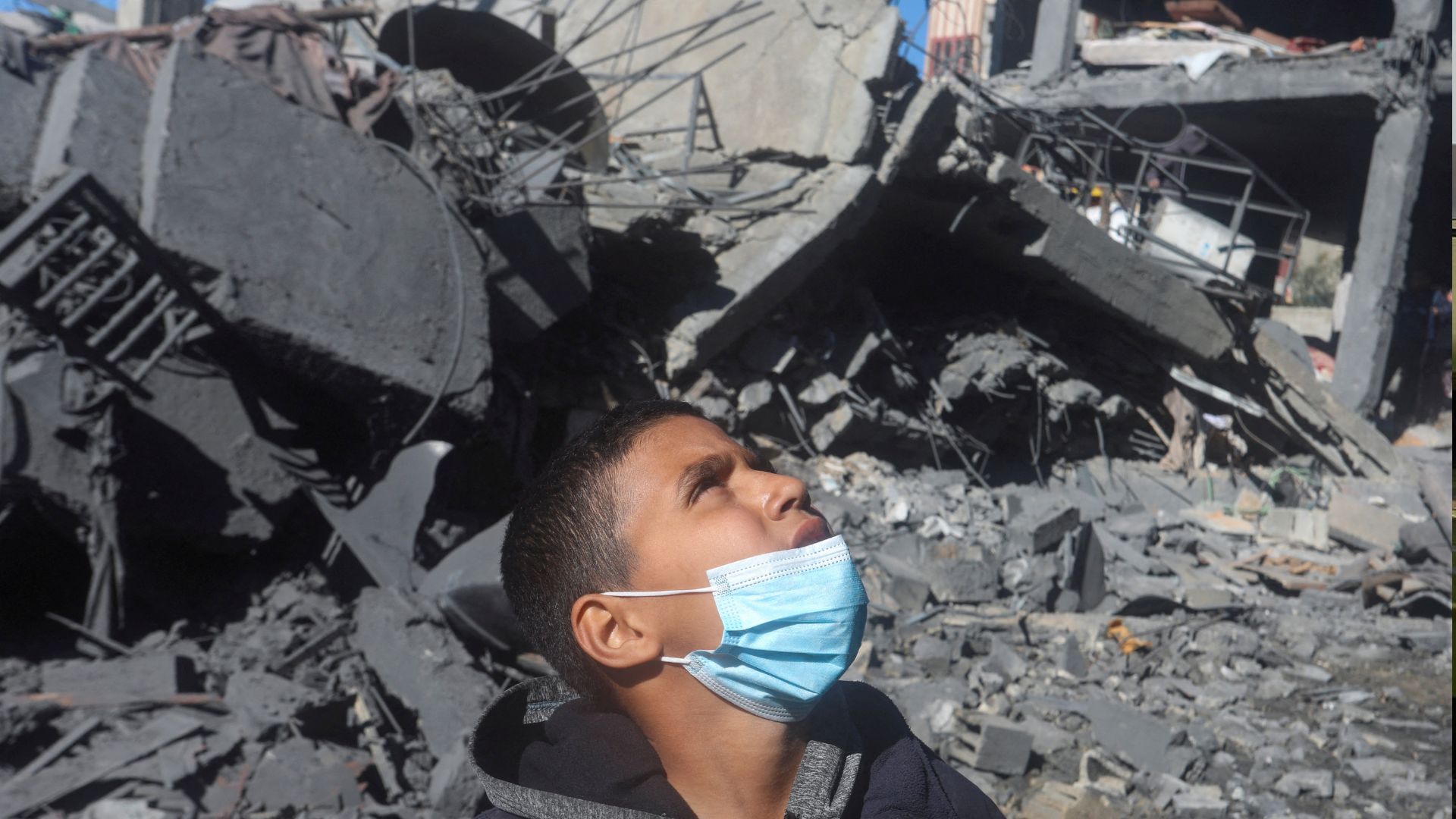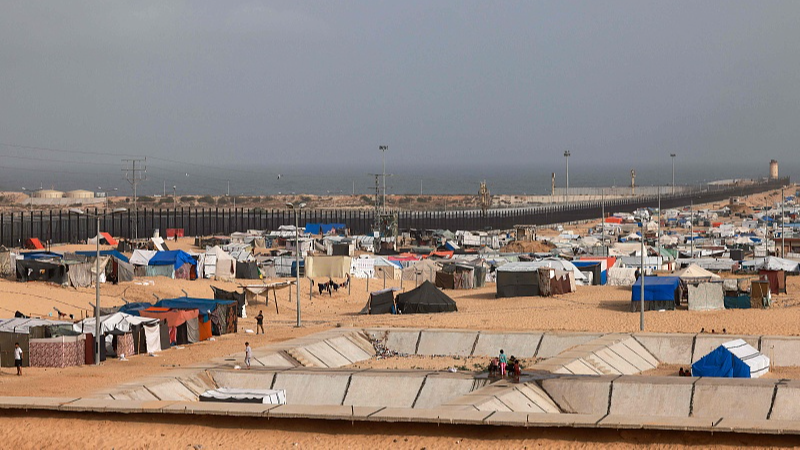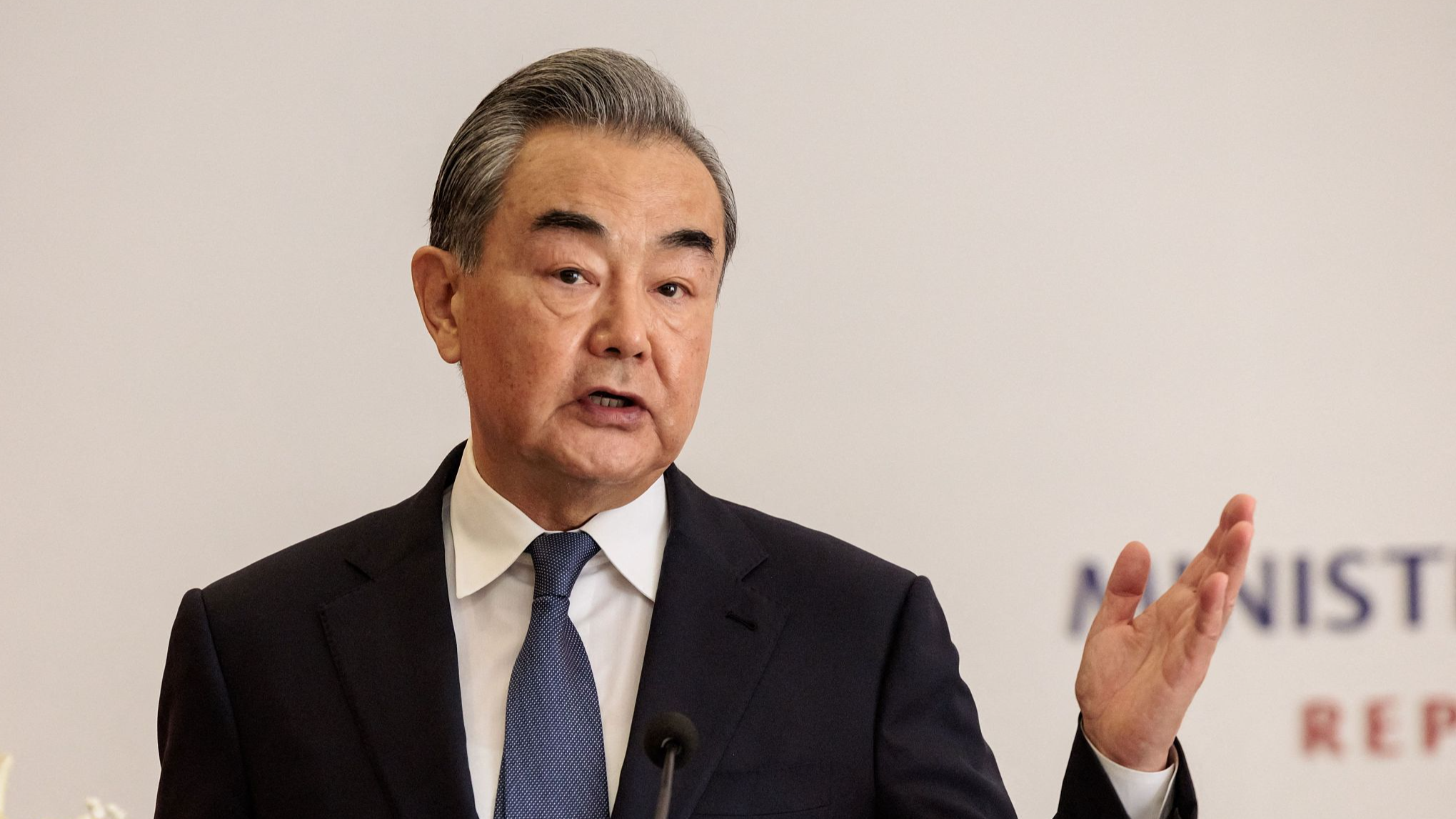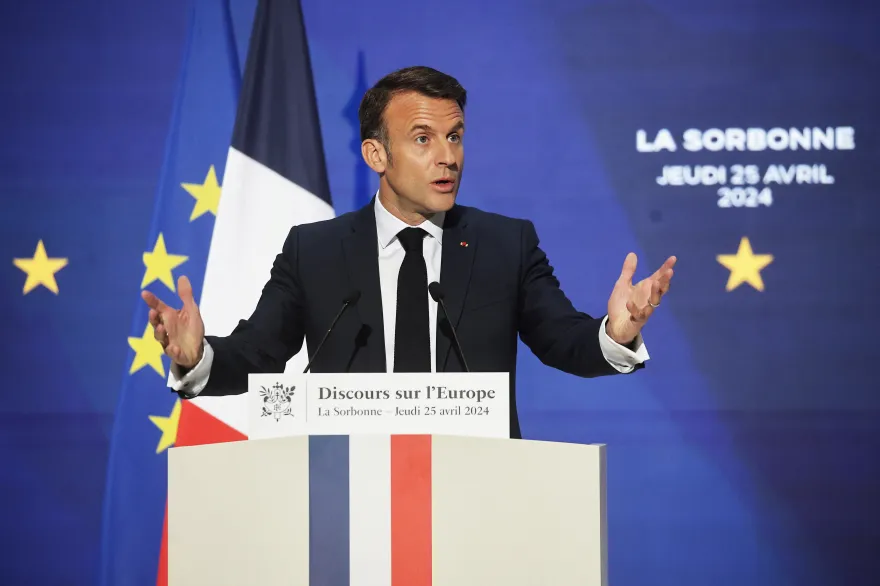Satellite images analyzed by the United Nations Satellite Centre show that 35 percent of the Gaza Strip’s buildings have been destroyed or damaged in the Israel offensive in the Palestinian enclave.
Israel’s assault, launched in response to attacks by Hamas militants in southern Israel on October 7, has killed nearly 32,000 Palestinians, according to health authorities in the Hamas-run territory. About 1,200 people were killed in the Hamas raid on Israel.
In its assessment, the United Nations Satellite Centre, UNOSAT, used high-resolution satellite images collected on February 29 and compared them with images taken before and after the start of the latest conflict.
It found that 88,868 buildings in the Gaza Strip have been damaged or destroyed. This represents an increase of nearly 20,000 damaged structures compared to the previous assessment it did based on images taken in January that showed 30 percent of all buildings had been affected.
Israel said its troops had killed more than 50 Hamas gunmen over the previous day, taking the number of fighters killed around the hospital to 140. It said it had located terrorist infrastructure and weapons in and around the facility, showing images of AK-47 automatic rifles, rocket-propelled grenades, mortars and other artillery.
Aid talks intensify
Officials from 36 countries and UN agencies gathered in Cyprus on Thursday (March 21) to discuss how to expedite aid to besieged Palestinians in Gaza via a sea route launched last week. Thursday’s gathering is being attended by Sigrid Kaag, the UN’s senior humanitarian and reconstruction coordinator for Gaza, as well as Curtis Ried, chief of staff of the U.S. National Security Council.
As famine looms over Gaza, agencies are increasingly looking for alternative routes to get aid into the enclave other than land crossings. But lack of infrastructure is an issue; one charity which dispatched aid from Cyprus last week made a landing jetty out of rubble, while the U.S. has also announced plans to create a floating pier.
U.S. Secretary of State Antony Blinken arrived in Cairo on Thursday for talks with Arab officials to push for a ceasefire in Gaza, after Israel’s prime minister told U.S. Republicans there would be no let-up in the war against Hamas.
“We’re pressing for an immediate ceasefire tied to the release of hostages. That would bring immediate relief to so many people who are suffering in Gaza – the children, the women, the men,” Blinken told the Arabic broadcaster Al Hadath.
He said the U.S. had drafted a resolution at the United Nations to that effect.
Six-week ceasefire still possible
Ceasefire talks resumed this week in Qatar after Israel rejected a Hamas proposal last week. The sides are discussing a truce of around six weeks that would allow the release of 40 Israeli hostages in return for hundreds of Palestinians detained in Israeli jails.
However, Hamas says it will release hostages only as part of an agreement that would end the war, while Israel says it will discuss only a temporary pause. Hamas has denied that the hospital harbored militants and said those killed were wounded patients and displaced persons.
Meanwhile, Israeli Prime Minister Benjamin Netanyahu addressed U.S. Republican senators on Wednesday, telling them Israel would continue its efforts to defeat Hamas. His comments are in contrast with the U.S. administration of President Joe Biden, which has urged Israel to do more to ease the humanitarian crisis and protect civilians.
Source(s): CGTN

 News3 days ago
News3 days ago
 News6 days ago
News6 days ago
 News3 days ago
News3 days ago
 News6 days ago
News6 days ago
 News5 days ago
News5 days ago
 News3 days ago
News3 days ago
 News4 days ago
News4 days ago
 News5 days ago
News5 days ago


















